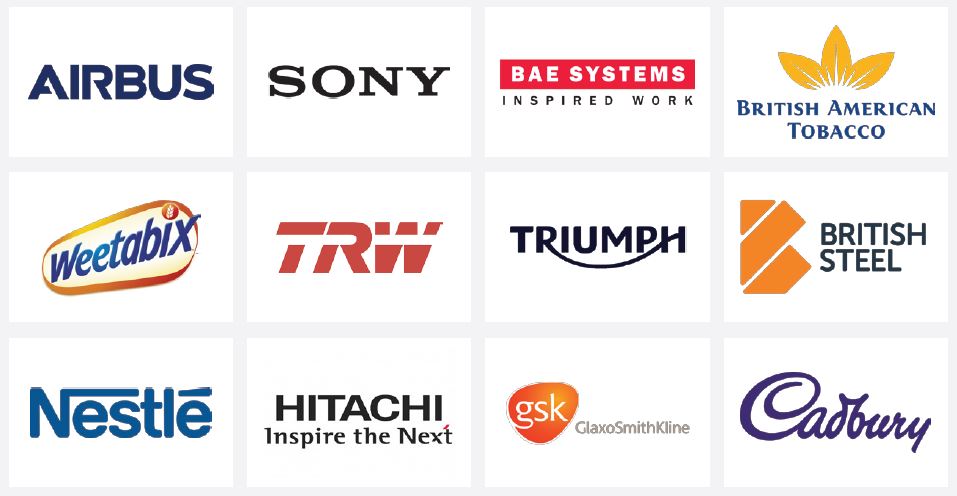The Level 3 Diploma in Introduction to Warehousing Management is designed for individuals working in the warehousing sector who wish to develop their knowledge and skills further. This course will help you to build a strong foundation to succeed in experienced operative and first-line management roles, while also preparing you for other key responsibilities within the global supply chain.
The aim of warehousing is to store, protect, organise and manage materials or products until they are needed or ordered for delivery. Warehousing is critical for businesses that need to store inventory and maintain a supply chain to ensure consistent delivery of goods to their customers.
Studying a Diploma in Warehousing with IoSCM will help you expand your knowledge of warehousing and why it is vital to modern supply chain operations while advancing your capabilities in a fast-paced, exciting and evolving industry.

